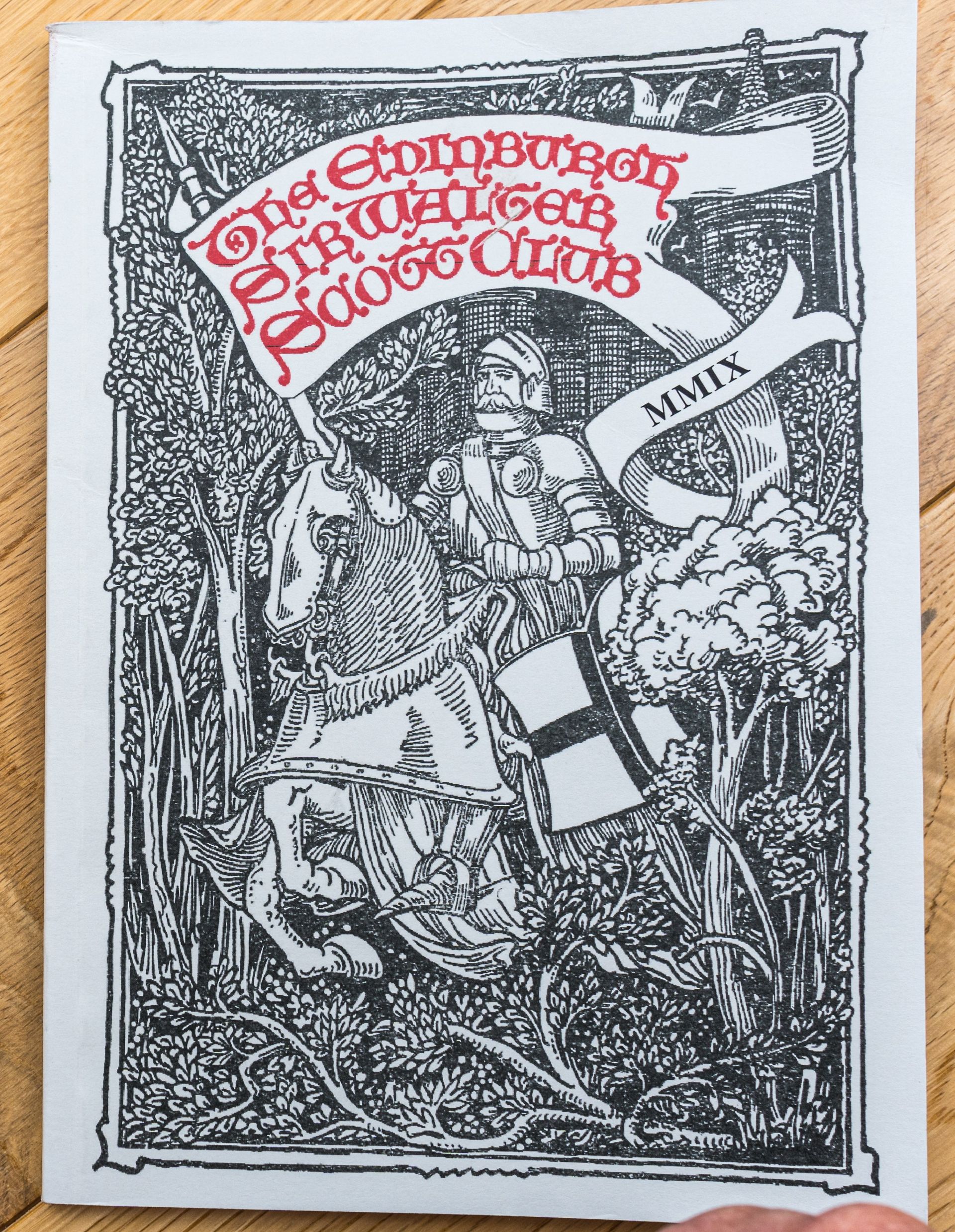Some Classical Quotation and Allusion in The Journal of Sir Walter Scott, (1825 – 1832)
Professor David W. Purdie
Wednesday 12th November 2008
Summary of the Talk:
This talk examines Sir Walter Scott's use of classical references, particularly Latin and Greek, in his personal journal. The Journal, written by Scott from 1825 to 1832, contains his thoughts, daily activities, and literary reflections, as well as several allusions to classical texts.
- Classical Education Influence: Scott’s education in Latin and classical literature, beginning from his school days, deeply influenced his writing. Purdie discusses how Scott’s classical background is evident in the 42 classical quotations in the Journal, primarily in Latin, and how they reflect Scott's intellectual engagement with ancient texts throughout his life.
- Sundial Inscription: One of the first quotations Scott used in the Journal is derived from the Gospel of John (9:4), "I must work the works of him that sent me, while it is day: the night cometh, when no man can work." This was inscribed on a sundial at Abbotsford, where Scott spent much of his life. Scott reflected on this inscription in the Journal, emphasizing the passage of time and the urgency of work.
- Literary References: The quotations include works by authors like Horace, Virgil, and others. For example, the Latin quote "Rari apparent nantes in gurgite vasto" is drawn from Vergil's Aeneid, depicting a dramatic image of survivors after a shipwreck, which Scott used metaphorically for his dinner gatherings.
- Philosophical Undertones: The references reflect Scott's personal and professional struggles, particularly his efforts to manage his debts and maintain his household at Abbotsford. The classical allusions often serve as a parallel to his own life circumstances, showing his connection to themes of endurance, fate, and duty in classical literature.
- Friendship and Reflections on Death: Scott’s relationships, including his friendship with poets like Thomas Moore and his thoughts on the passing of friends, are woven into these reflections. He uses classical aphorisms and quotes to comment on human nature, mortality, and the value of friendships.
Interesting Points:
- Scott's Classical Knowledge: His ability to seamlessly weave in classical quotations suggests a deep, almost photographic memory. This classical influence was not just academic but integrated into his daily life and reflections, making his Journal an interesting intersection of personal experiences and literary heritage.
- Personal Struggles and Literary Output: The Journal is also a record of Scott’s struggle to pay off his debts, juxtaposed against his literary productivity. The classical quotations underscore his sense of duty to complete his work, even when faced with financial ruin and physical frailty.
- Use of Classical Imagery for Social Gatherings: The way Scott used references from works like the Aeneid to describe his social life adds an extra layer of richness to the Journal, blending classical scholarship with modern social commentary.
This paper highlights the extent to which classical literature shaped Scott’s thinking and writing, offering insights into his intellectual life and the broader cultural context in which he lived.
Download the [transcript] or read the [bulletin]

Download the [transcript] or read the [bulletin]


